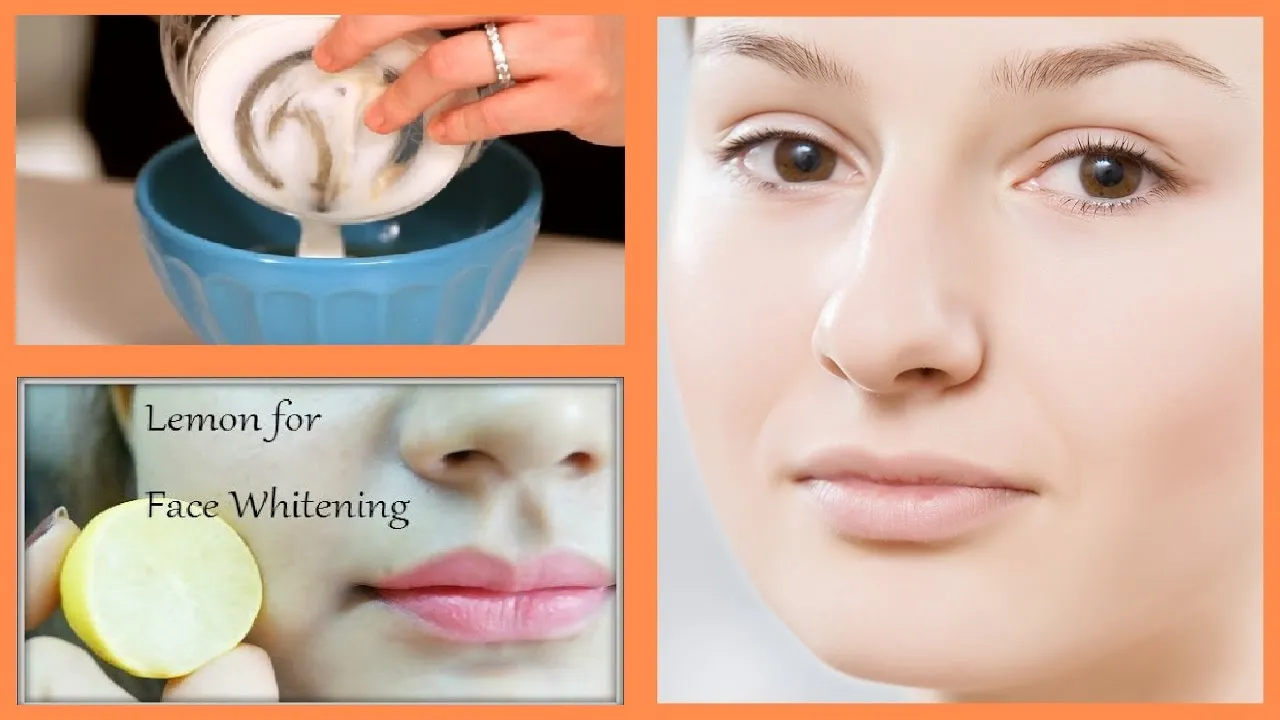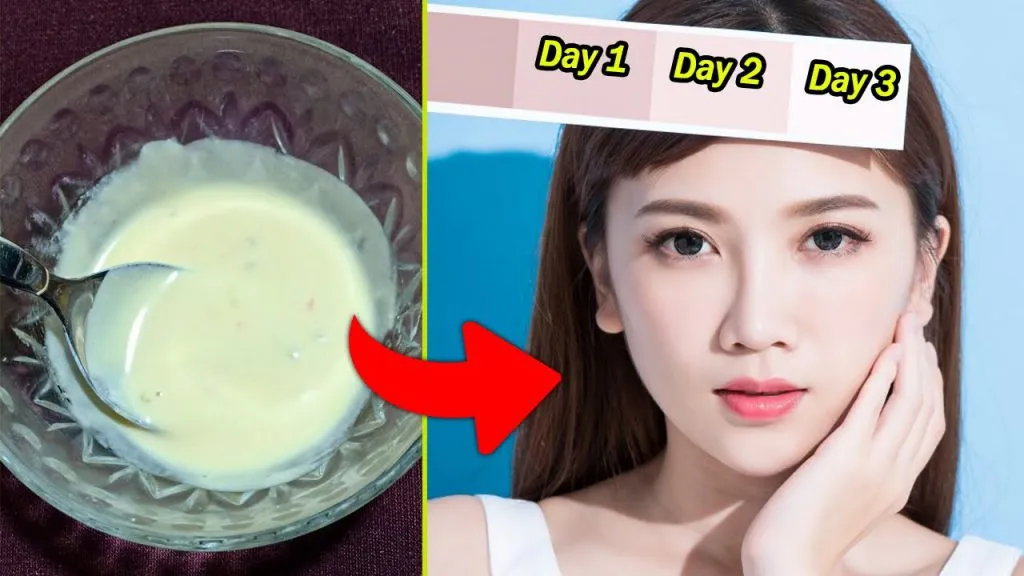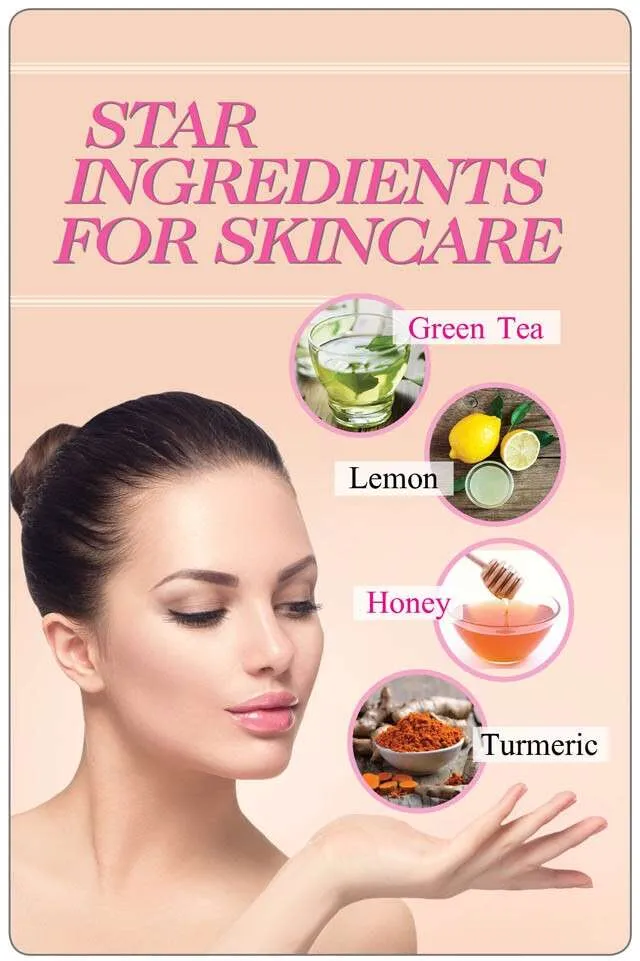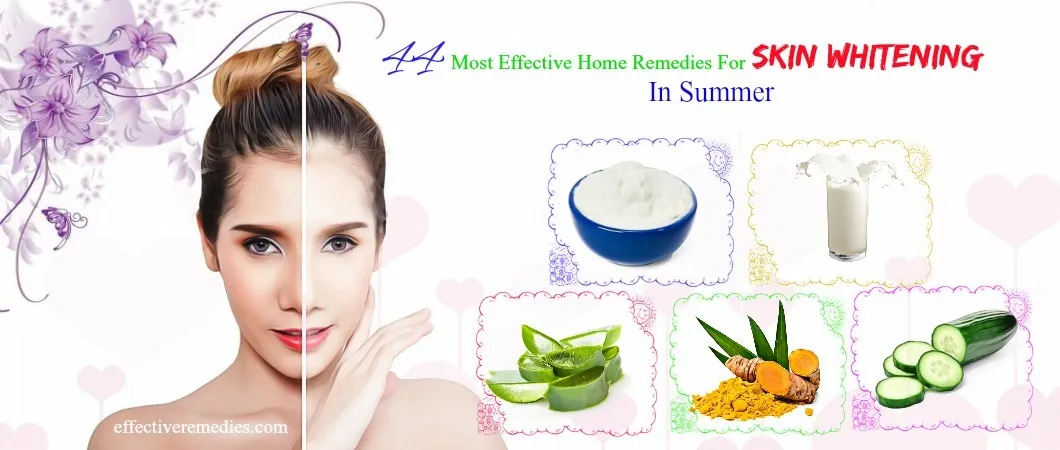Understanding Skin Whitening
Skin whitening, often referred to as skin lightening, is a popular skincare practice aimed at achieving a brighter, more even skin tone. It involves reducing the concentration of melanin, the pigment responsible for skin color. This guide explores effective home remedies and essential tips to help you achieve radiant skin. However, it’s important to approach skin whitening with realistic expectations and patience, as results vary depending on skin type, the underlying cause of discoloration, and the consistency of your skincare routine. Always prioritize your skin’s health and safety, and consider consulting a dermatologist if you have any concerns or underlying skin conditions. The journey to brighter skin is a personal one, and this guide is designed to help you navigate it safely and effectively.
What Causes Uneven Skin Tone
Uneven skin tone can be caused by a variety of factors, including genetics, sun exposure, hormonal changes, and skin conditions. Understanding these causes is crucial for choosing the right skin whitening remedies. Addressing the root cause of discoloration is often the most effective way to achieve long-lasting results. This could mean protecting your skin from the sun, managing hormonal imbalances, or treating underlying skin conditions. Identifying the specific triggers behind your uneven skin tone will allow you to tailor your skincare routine for optimal results and maintain a healthy, glowing complexion. Recognizing these factors enables you to develop a targeted approach, enhancing the effectiveness of your chosen remedies.
Hyperpigmentation

Hyperpigmentation, characterized by dark patches on the skin, is a common cause of uneven skin tone. It occurs when there is an excess production of melanin in certain areas. This can be triggered by factors such as sun damage, inflammation (like acne), and hormonal changes (melasma). Post-inflammatory hyperpigmentation (PIH) is also common, occurring after skin injuries like cuts or burns. Managing hyperpigmentation often involves a combination of protecting the skin from further damage, using ingredients that inhibit melanin production, and promoting cell turnover. Effective treatments can include topical creams, chemical peels, and laser therapies, but home remedies can provide a gentle starting point for improvement, and are often best for maintenance once the underlying cause is addressed.
Sun Damage
Sun damage is a major contributor to uneven skin tone, leading to dark spots, wrinkles, and premature aging. Prolonged exposure to ultraviolet (UV) rays stimulates melanin production, resulting in sunspots and other forms of hyperpigmentation. Protecting your skin from the sun is the single most important step in preventing and addressing sun damage. This includes wearing sunscreen daily, seeking shade during peak sun hours, and wearing protective clothing like hats and long sleeves. Even on cloudy days, UV rays can penetrate the atmosphere and cause damage, so consistent sun protection is vital for maintaining a healthy, even skin tone and preventing further discoloration. Make sure you reapply sunscreen every two hours, especially if you are swimming or sweating.
Inflammation and Acne
Inflammation, especially from acne, can leave behind dark marks known as post-inflammatory hyperpigmentation (PIH). When the skin is inflamed, melanocytes (melanin-producing cells) can become overactive, leading to increased melanin production. This can result in dark spots that persist even after the acne has cleared. Controlling acne and reducing inflammation is essential for preventing PIH. This can involve using gentle cleansers, topical treatments like benzoyl peroxide or salicylic acid, and, in some cases, prescription medications. Avoiding picking or squeezing acne is also crucial, as this can worsen inflammation and increase the risk of PIH. Regular skincare that addresses acne and inflammation helps to create a healthier skin environment, reducing the likelihood of uneven skin tone.
Top Home Remedies for Skin Whitening

Lemon Juice for Skin Whitening
Lemon juice is a popular home remedy for skin whitening due to its natural bleaching properties. The citric acid in lemon juice acts as a natural exfoliant, helping to remove dead skin cells and lighten dark spots. However, it’s essential to use lemon juice with caution, as it can be irritating to the skin, especially for those with sensitive skin. Always dilute lemon juice with water before applying it and perform a patch test before using it on a larger area. Consistency is key, but monitor your skin for any signs of irritation or increased sensitivity to the sun. Lemon juice can be an effective part of a skin-lightening routine, but proper application and care are crucial for safety and efficacy.
How to Use Lemon Juice
Dilute fresh lemon juice with an equal amount of water. Apply the mixture to the affected areas using a cotton ball. Leave it on for no more than 15-20 minutes, then rinse thoroughly with cool water. Moisturize your skin after each treatment, as lemon juice can be drying. Perform this treatment 2-3 times a week, and always wear sunscreen when going outdoors. Regularly checking for any adverse reactions is important, and if irritation occurs, reduce frequency or discontinue use. If you experience any discomfort or sensitivity, discontinue use immediately.
Yogurt and Honey Mask

Yogurt and honey make a soothing and effective mask for skin whitening. Yogurt contains lactic acid, a gentle exfoliant that can help lighten skin, while honey has moisturizing and antibacterial properties. This combination not only promotes a brighter complexion but also soothes and nourishes the skin. Regular use can help improve skin texture and reduce the appearance of dark spots. This mask is generally suitable for all skin types, and its natural ingredients make it a gentle and effective alternative to harsh chemical treatments. With consistent use, you can see improvements in skin tone and overall radiance.
How to Prepare the Mask
Mix 1 tablespoon of plain yogurt with 1 teaspoon of honey. Apply the mixture evenly to your face and neck, avoiding the eye area. Leave the mask on for 15-20 minutes. Rinse thoroughly with lukewarm water and pat your skin dry. Use this mask 2-3 times a week for best results, and always follow with a moisturizer. This simple mask offers a gentle yet effective way to promote skin lightening and improve overall skin health. Its natural ingredients provide hydration and promote a glowing complexion. This mask will leave your skin feeling refreshed.
Turmeric and Milk Paste
Turmeric, a spice known for its anti-inflammatory and antioxidant properties, is another effective home remedy for skin whitening. Curcumin, the active compound in turmeric, can help inhibit melanin production, leading to a brighter complexion. Milk, with its lactic acid, also provides gentle exfoliation. This combination offers a powerful yet gentle approach to skin lightening. This remedy can improve skin tone, reduce blemishes, and promote a healthy glow. It is particularly beneficial for those with uneven skin tone or hyperpigmentation. Consistency and proper application are key to achieving noticeable results.
How to Make the Paste

Mix 1 teaspoon of turmeric powder with enough milk to form a paste. Apply the paste evenly to your face and neck, avoiding the eye area. Let it dry for 15-20 minutes. Rinse thoroughly with lukewarm water. Use this paste 2-3 times a week. Always follow with a moisturizer, as turmeric can be slightly drying. Be aware that turmeric can stain the skin temporarily, so apply it carefully. It is advisable to perform a patch test before applying to the entire face, and also consider that its color can be difficult to remove from clothing, so protect your clothes.
Aloe Vera for Skin Lightening
Aloe vera is renowned for its soothing and healing properties, also offers skin-lightening benefits. It contains compounds that can inhibit melanin production and reduce inflammation, making it effective for lightening dark spots and improving skin tone. Aloe vera also provides excellent hydration, helping to maintain healthy, glowing skin. Its gentle nature makes it suitable for all skin types, and it is especially beneficial for sensitive skin. Regular use can contribute to a more even complexion and a radiant glow. Consider this the best remedy, due to its ability to suit all skins.
How to Apply Aloe Vera
Extract fresh aloe vera gel from a plant or use a pure aloe vera gel product. Apply a thin layer of the gel to your face and neck. Gently massage it into your skin until it is fully absorbed. Leave it on for at least 30 minutes or overnight. Rinse with lukewarm water. Use this treatment daily or as often as needed, and always apply a moisturizer afterwards. The soothing effects of aloe vera make it a gentle yet effective treatment, promoting both skin lightening and overall skin health. Using aloe vera is a good way to maintain a healthy, glowing complexion.
Papaya for Skin Whitening

Papaya contains enzymes like papain, which exfoliate the skin and promote cell turnover, leading to a brighter complexion. These enzymes also help to break down dead skin cells and reduce the appearance of dark spots. Papaya is rich in vitamins and antioxidants, providing additional benefits such as hydration and protection against free radical damage. This natural remedy is particularly effective for those with uneven skin tone or areas of hyperpigmentation. The gentle exfoliating action of papaya makes it a great option for enhancing skin radiance. Regular use of papaya masks or treatments can contribute to a more even and glowing skin tone.
How to Use Papaya
Mash ripe papaya into a smooth paste. Apply the paste evenly to your face and neck. Leave it on for 15-20 minutes. Rinse thoroughly with lukewarm water. Use this mask 2-3 times a week, and always follow with a moisturizer. Another alternative is to use papaya enzyme-containing skincare products for a less messy application. Ensure that your skin is properly moisturized after treatment. By following this guide, you can enjoy the skin lightening benefits of papaya.
Important Tips for Effective Skin Whitening
Sun Protection is Crucial

Protecting your skin from the sun is non-negotiable for effective skin whitening. Sun exposure can worsen existing hyperpigmentation and trigger the production of more melanin, undoing the effects of any skin-lightening treatments. Always wear sunscreen with a broad-spectrum SPF of 30 or higher every day, even on cloudy days. Reapply sunscreen every two hours, or more often if you are swimming or sweating. Additionally, seek shade during peak sun hours (usually between 10 AM and 4 PM) and wear protective clothing, such as hats and long sleeves, to further minimize sun exposure. Consistent and diligent sun protection is the cornerstone of any skin-whitening regimen, and will help maintain your results.
Exfoliate Regularly
Regular exfoliation helps remove dead skin cells, promoting cell turnover and revealing brighter, more even-toned skin. Exfoliation allows skin-lightening ingredients to penetrate more effectively and helps to prevent the build-up of dull, discolored skin. Choose gentle exfoliants such as chemical exfoliants like AHAs (alpha hydroxy acids) or BHAs (beta hydroxy acids). Physical exfoliants, like scrubs, can be used, but use them with caution to avoid irritation. Start slowly and increase the frequency as your skin tolerates. Over-exfoliating can damage the skin barrier, so be gentle and listen to your skin’s needs. Regular exfoliation will enhance the results of your skin-whitening efforts and keep your skin looking refreshed and radiant.
Stay Hydrated
Staying hydrated is essential for overall skin health and can indirectly support skin whitening. Drinking plenty of water helps maintain skin elasticity and promotes a healthy complexion. Hydrated skin is better able to repair itself and function optimally, enhancing the effectiveness of any skincare treatments. Dehydrated skin can appear dull and accentuate the appearance of dark spots and uneven tone. Aim to drink at least eight glasses of water per day, and supplement your hydration with hydrating foods like fruits and vegetables. Adequate hydration supports skin health from the inside out, helping you achieve a brighter, more radiant complexion. This simple practice significantly contributes to the effectiveness of your skin-whitening routine.
Healthy Diet and Skincare Routine
A healthy diet and consistent skincare routine are fundamental for achieving and maintaining radiant skin. Consume a diet rich in antioxidants, vitamins, and minerals, including plenty of fruits, vegetables, and lean proteins. These nutrients support skin health from the inside out, promoting cell turnover and reducing inflammation. Pair this with a skincare routine that includes gentle cleansing, moisturizing, and targeted treatments for your specific skin concerns. Use products with ingredients like vitamin C, niacinamide, and retinoids, which can help brighten and even out skin tone. Always protect your skin with sunscreen. A holistic approach, combining a healthy lifestyle with a dedicated skincare regimen, is the most effective way to achieve and maintain a bright, even complexion and overall skin health.
